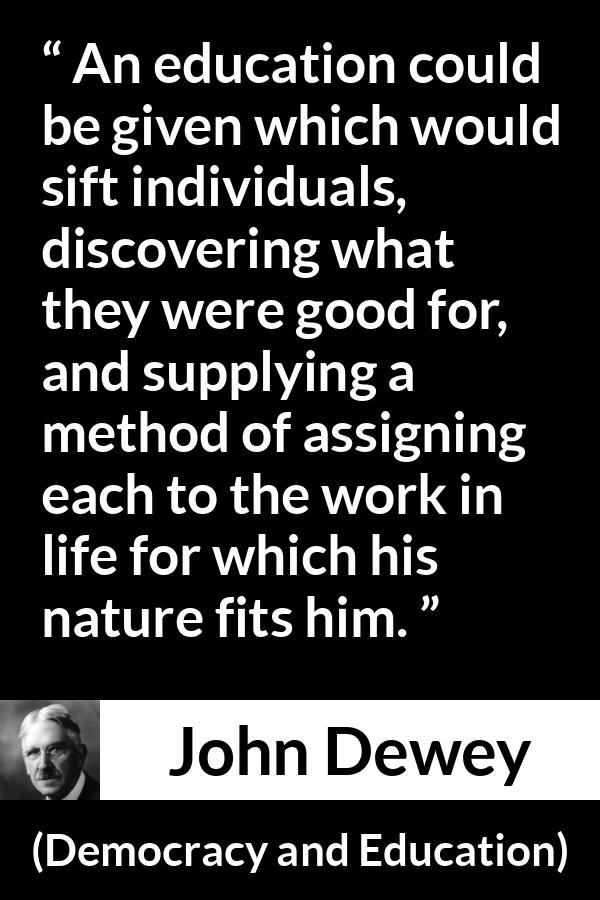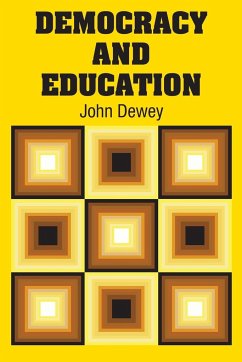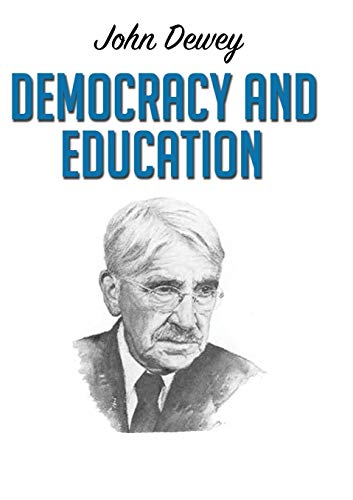

“If radicalism be defined as perception of need for radical change,” he argued in 1935, “then today any liberalism which is not also radicalism is irrelevant and doomed.” Placing the fate of democracy in the domain of culture requires, in our day, as it did in Dewey’s, that we see our present moment as a fight about what kind of people we want to be and what kind of society we long to create. “The necessity for judgment and choice,” he once explained, in 1930, “comes from the fact that one has to manage forces with no common denominator.” And he asks us to test the moral reach of institutions and policies against the demand of those values. He asks us to see that maintaining freedom, equal protection, and human dignity requires that we fight to have those values secured as part of the self-understanding of the citizenry. In focusing on culture, Dewey asks us not to leave the fate of our politics and policies wholly up to chance. In relying on the inertia of institutions, we forget that a democracy is only as strong as the men and women who inhabit it.ĭewey’s emphasis on the culture of democracy, however, works on a different scale and is far more ambitious in its political vision.

How closely are the American people paying attention to the actual processes threatening our institutions while distracted by the bread and circuses? How can we be so sure Trump’s transgressions will amount to a momentary blip along the arc of our future? Checks and balances do not have an agency of their own. Taken together, his bet is a direct challenge to Dewey. When he abets the gutting of institutions such as the Environmental Protection Agency, he tests our reliance on research and facts. When he dismisses the media, he tests our commitment to truth.

When he refuses to disclose his taxes, he tests our desire for transparency. Underneath the policies of the Trump administration is a test of the moral culture of Americans-to see what they will stand for. Those who believe that the strength of our institutions will win the day miss the slow but steady effort to undermine the social fabric that makes them possible-by habituating us to cruelty, by treating facts as fiction, and by suspending the idea that we each, regardless of our national affiliation, are worthy of respect. Dewey’s concern is as urgent today as it was in 1939.


 0 kommentar(er)
0 kommentar(er)
